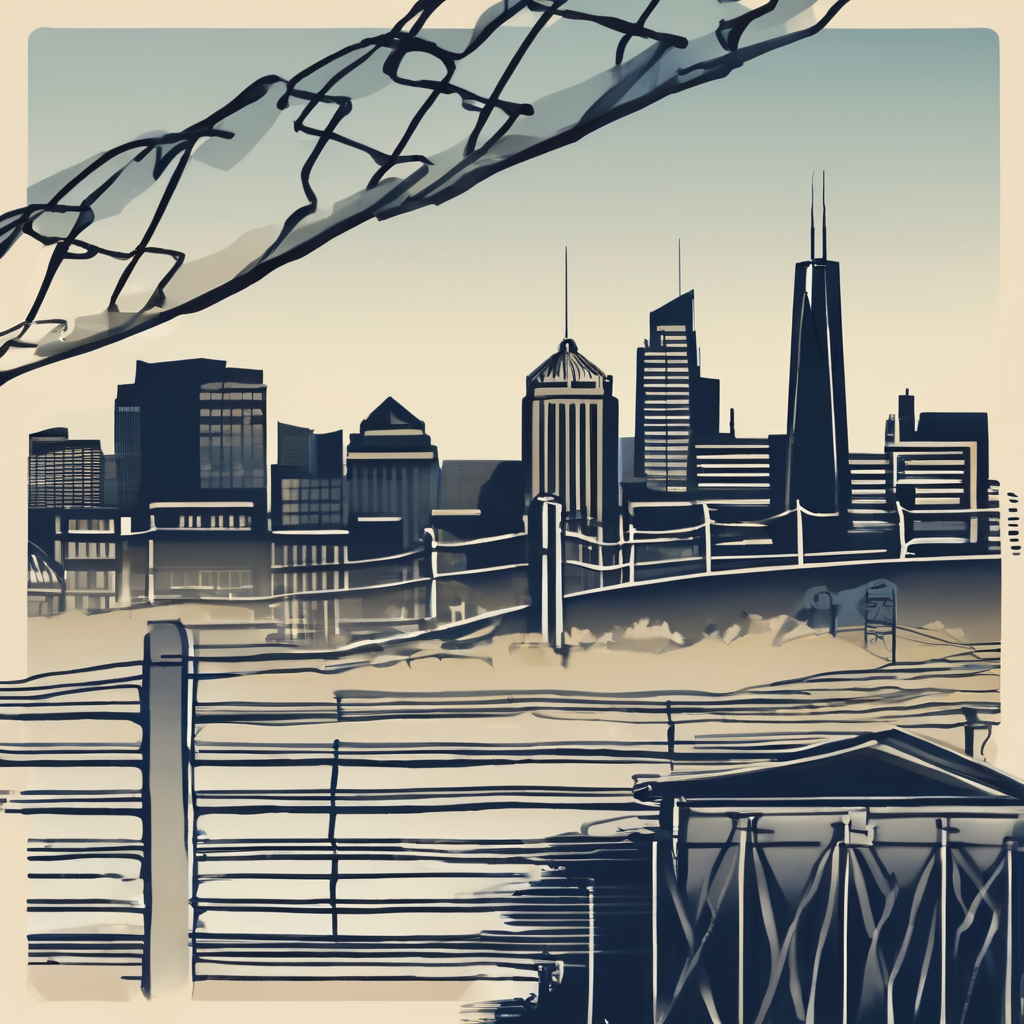A recent shooting incident in Chicago has raised serious concerns regarding immigration enforcement and public safety. In the Little Village neighborhood, a suspect driving a black Jeep fired shots at U.S. Border Patrol agents engaged in an immigration enforcement operation. Authorities from the Chicago Police Department reported that, fortunately, no injuries occurred during the encounter, and the shooter is still at large.
This incident comes at a time of intensifying protests against federal immigration raids in the city. Activists are voicing their anger over a series of federal arrests that they allege have disproportionately affected vulnerable communities. Witnesses have described confrontations between local residents and law enforcement, indicating a rise in tensions tied to immigration enforcement measures.
The Department of Homeland Security (DHS) has characterized the protests as involving “agitators,” noting incidents where bricks and paint cans were hurled at Border Patrol vehicles during enforcement actions. DHS officials expressed concern over a disturbing increase in assaults against federal law enforcement officers, reporting a surge in such incidents over the last two months.
The events unfolding in Chicago reflect a larger national conversation about immigration policy and border security. Protests have erupted in several cities as demonstrators express their disapproval of recent crackdowns initiated by the Trump administration under “Operation Midway Blitz.” This operation has resulted in over 3,000 arrests since its launch in September, arresting individuals across various backgrounds.
As the protests persist, community leaders stress the importance of implementing a humane approach to immigration enforcement that honors the rights and dignity of all involved. Advocates remain optimistic that these challenging circumstances can spark productive dialogue and lead to significant reforms that emphasize compassion and understanding in addressing the complexities of immigration.
This incident underscores the necessity for comprehensive immigration reform, highlighting the complicated relationship between law enforcement practices and community dynamics in response to federal immigration policies. Despite the ongoing unrest, there remains a shared hope for progress towards a more fair and just immigration system that respects and uplifts all individuals.
